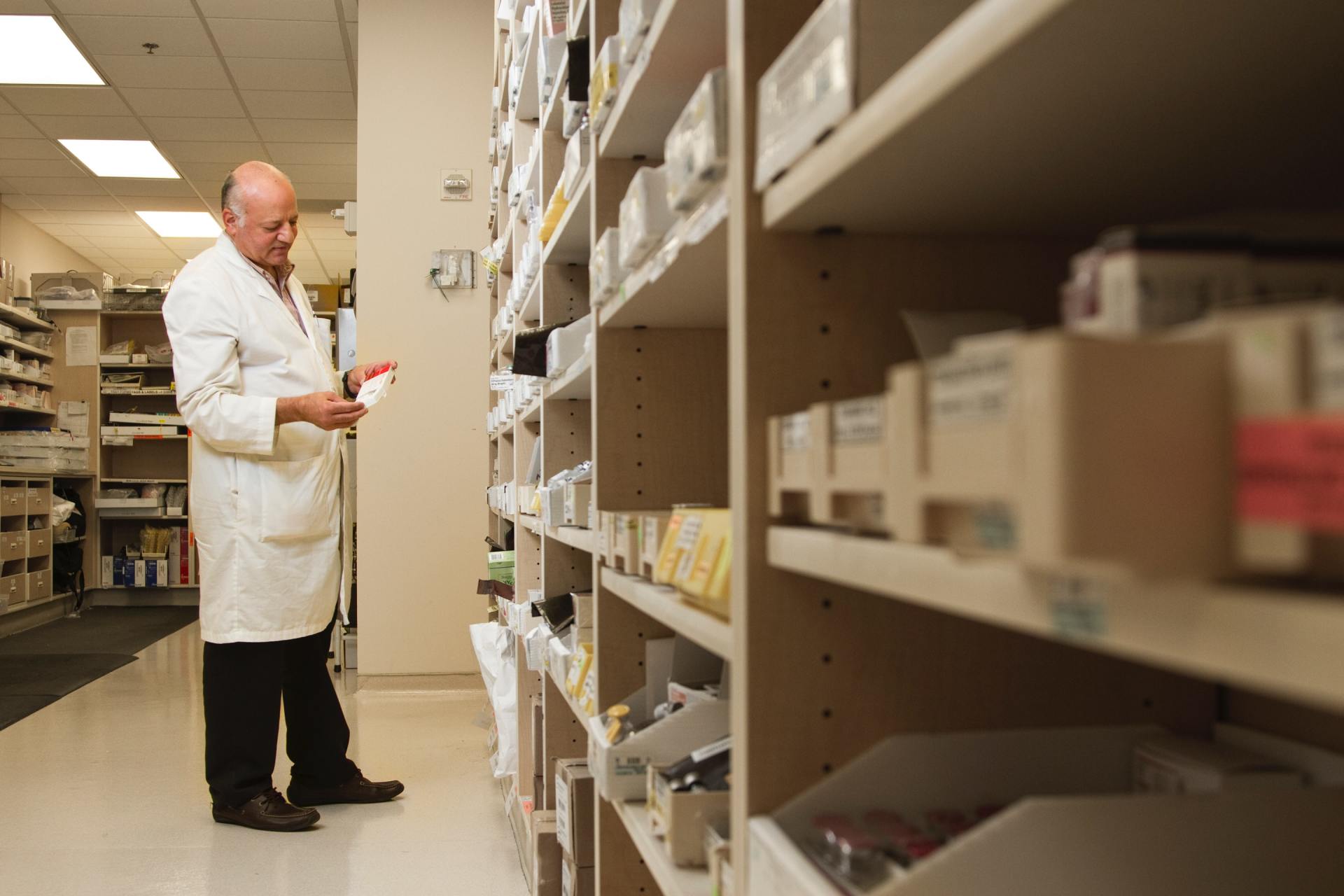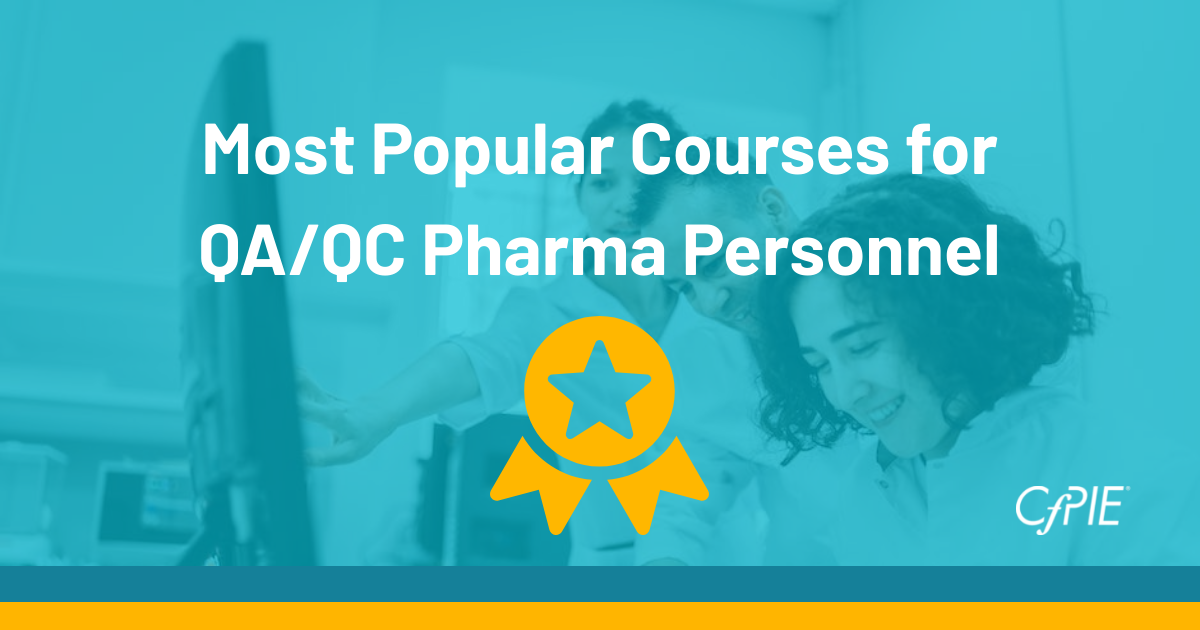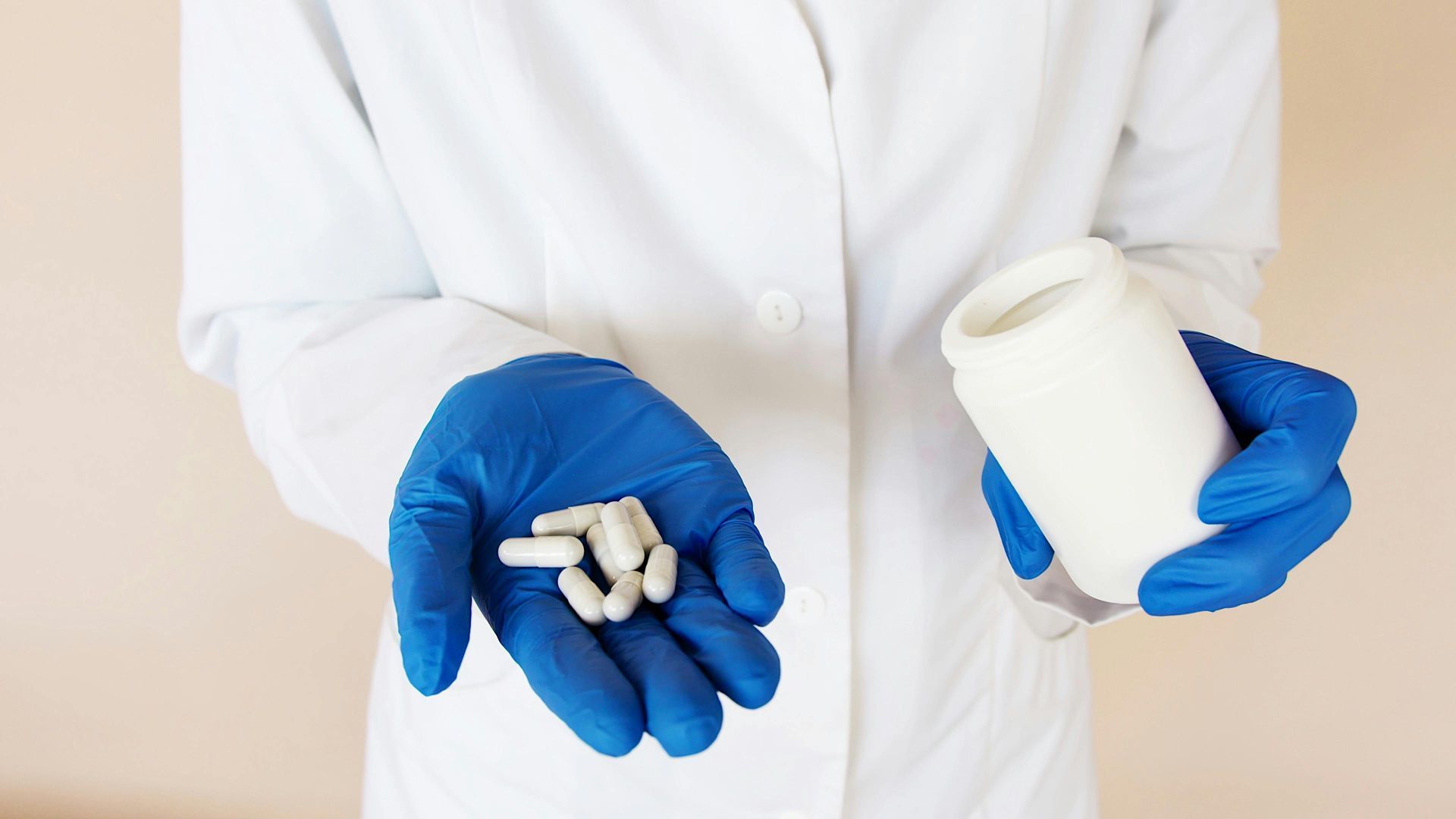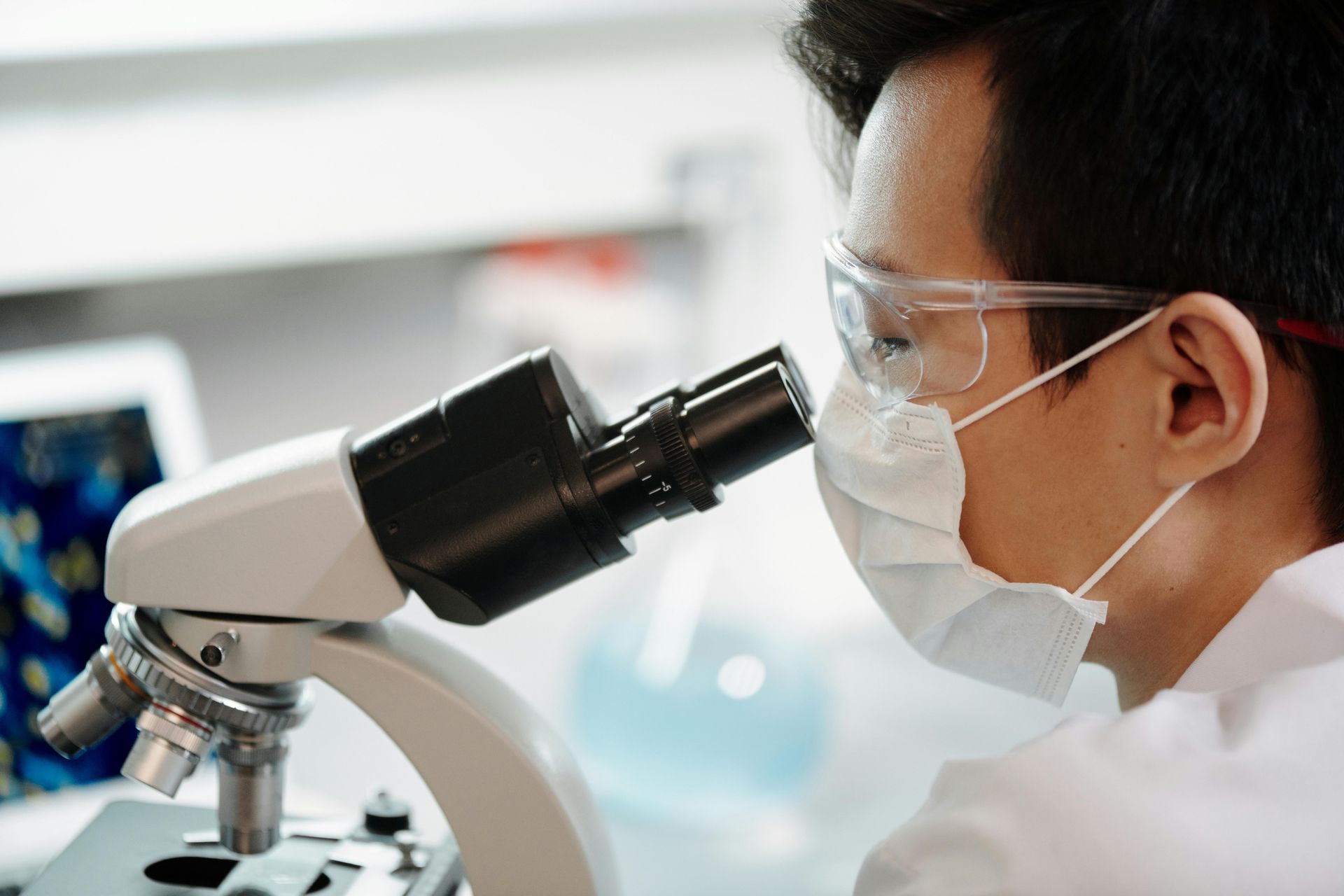What Is Pharmaceutical Quality Assurance? And Why is it Important?

Quality assurance is one of the most important aspects of the entire drug manufacturing process. Not only will it help companies protect their reputations, but it will allow them to avoid hefty penalties from regulatory organizations.
This is exactly why anyone involved with quality assurance should receive
pharma training that helps ensure compliance.
The purpose of pharmaceutical quality assurance is to ensure that the medication being manufactured will provide the desired effect to the patient. Quality assurance also guarantees that there are no contaminants present and that the medications will meet quality requirements and all relevant regulations.
There are several objectives that must be met with pharmaceutical quality assurance. If a manufacturer falls short of these objectives, they may face heavy fines and possible legal actions that can jeopardize the business.
Today, we’re going to go over the common objectives of pharmaceutical importance. Understanding these objectives will shed light on how important pharmaceutical quality assurance truly is.
Objectives of Pharmaceutical Quality Assurance
There are several objectives of pharmaceutical quality assurance that must all be met. If an organization is unable to meet these quality objectives, it will need to revisit the entire pharmaceuticals manufacturing process. Below are each of the primary objectives that every quality assurance program must strive to meet.
Ensure The Public’s Safety
The ultimate objective of any pharmaceutical manufacturer is to create a product that will keep the public safe. A properly manufactured medication has the potential to greatly improve someone’s life. Creating a quality product has a profound impact on the overall health and well-being of society.
However, if quality assurance is not up to par, the medication that should be saving someone’s life can end up threatening it or causing irreversible harm. Every team member involved in pharmaceutical quality assurance should always keep the person taking the medication in mind.
Strict quality control is required to meet this objective. This includes thorough employee training, continuous improvement of quality management systems, minimizing or eliminating deviation, documenting control, carrying out internal audits, and periodic management reviews.
Protect Against Negative Publicity
In the perfect world, the public would love your organization and be grateful that you’re manufacturing life-saving medications. However, the pharmaceutical industry has seen its share of scandals over the years that have shaken public confidence.
Your ultimate goal should be to gain public confidence, but short of that, the objective is to protect against negative publicity. Having a robust quality assurance system in place will ensure that every drug that’s shipped is safe and effective. Followinggood manufacturing practices (GMP) and implementing quality inspection policies will help drug manufacturers produce only the highest quality products.
If your organization focuses on the first objective, keeping the public safe, then you should naturally protect against negative publicity.
Continually Increase Production Efficiency
Quality assurance is largely about ensuring that a quality product is being shipped. The second aspect of quality assurance is that it allows your organization to regularly examine the entire manufacturing process, from raw material inspection to product development.
Companies must find ways to innovate to become more efficient at manufacturing drugs, but they shouldn’t do this at the risk of quality. Every relevant regulation must be adhered to while simultaneously efficiently producing medications.
Consider that technologies now exist that allow for many of the production processes to become automated. While embracing this change may seem like it’s focused on increasing production, it also provides manufacturers with tighter control on each stage of production.
Guarantee Compliance
Every drug manufacturer must be able to prove that they are in compliance with any relevant regulations. A robust and thoroughly documented quality assurance system will help drug manufacturers prove that they are meeting regulatory compliance requirements.
Many compliance issues that companies face are not the result of intentional wrongdoing, but instead, the result of poor workflows, human error, or lacking collaboration. Focusing on quality assurance will have the inevitable result of examining each of these factors. Workflows must be examined to prove quality, and increased
good manufacturing practices training will help reduce human error.
The Importance of Quality Assurance Training
If medication fails to work as intended or is defective, it can safely be considered a threat to public health. All pharmaceutical companies must strive to ensure that all manufactured drugs are free from contaminants and will achieve their intended purpose. There are several methods and practices used throughout pharmaceutical manufacturing to guarantee the quality of the end result, and all of them begin with training.
One example is drug stability testing, which measures how various properties of a medication change when exposed to various conditions.
Training your quality assurance personnel on how to carry out this type of testing will help the quality assurance team understand how the drug should be stored.
We’ve mentioned compliance before, and it bears repeating again. Staying in compliance is one of the primary objectives of any drug manufacturer. However, how can the quality assurance department be expected to stay in compliance if they do not receive proper training?
Every employee involved with drug manufacturing should receive the appropriate training that will allow them to ensure compliance. Learning about good manufacturing practices, for example, will help employees ensure that they are following the best manufacturing practices at every stage.Learn more about why quality assurance training is essential in the pharmaceutical industry
How Will Your Company Ensure Quality?
Every organization involved in pharmaceutical manufacturing absolutely must ensure that they are producing safe and effective products. Failing to do so can harm the general public, the organization’s reputation, and incur heavy fines and other penalties.
Training your employees on
good manufacturing practices and other pharmaceutical quality assurance practices will help ensure overall quality. Instead of relying on their formal education alone, employees will have specific training that teaches them how to test for quality, report issues, and protect the public.
Most Popular Courses for QA/QC Pharma Personnel.
Are you looking to ensure your teams are working with the latest information when it comes to pharmaceutical quality assurance? Here are just a few of the courses offered by CfPIE:
Have questions?
Get in touch with the CfPIE team today.
Blog Categories
Stay Informed



